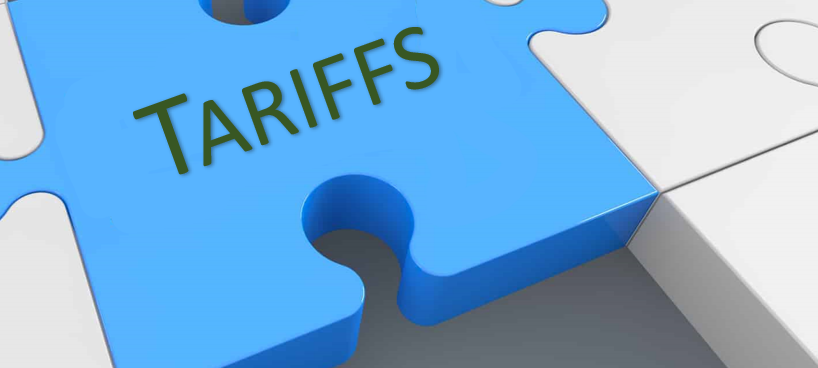Tariffs have been making headlines in recent days as governments debate trade policies and their economic impact. Whether in discussions about international trade agreements or economic protectionism, tariffs play a crucial role in shaping global commerce. Understanding what tariffs are and how they influence an economy—both positively and negatively—can provide valuable insight into these ongoing debates.
Tariffs are taxes imposed on imported goods by a government to regulate trade and protect domestic industries. They can be used to encourage local production, create jobs, and generate revenue for the government. However, tariffs also have the potential to disrupt global trade and harm consumers by increasing prices on imported goods.
Tariffs and the Great Depression
One of the most infamous examples of how tariffs can impact an economy is the Smoot-Hawley Tariff Act of 1930. This U.S. legislation significantly increased tariffs on thousands of imported goods with the intention of protecting American businesses and workers. However, instead of stabilizing the economy, it contributed to a global trade war. Other countries retaliated with their own tariffs, reducing international trade and worsening the economic downturn. This escalation of trade barriers is widely considered to have deepened and prolonged the Great Depression.
How Tariffs Stabilize an Economy
When used carefully, tariffs can help stabilize an economy in several ways:
- Protecting Domestic Industries: By making foreign goods more expensive, tariffs encourage consumers to buy from local producers, fostering economic growth.
- Creating Jobs: Increased demand for domestically produced goods can lead to job creation in local industries.
- Generating Revenue: Governments collect tariff revenue, which can be used to fund public services and infrastructure projects.
How Increasing Tariffs Can Destabilize an Economy
While tariffs have benefits, excessive or poorly designed tariff policies can have negative consequences:
- Higher Consumer Prices: Since tariffs make imports more expensive, businesses may pass these costs onto consumers, reducing their purchasing power.
- Trade Retaliation: Other countries may impose their own tariffs in response, reducing export opportunities for domestic industries and leading to job losses.
- Supply Chain Disruptions: Many modern industries rely on global supply chains. High tariffs can increase costs for manufacturers that depend on imported raw materials or components.
- Economic Uncertainty: Businesses may hesitate to invest or expand when faced with unpredictable trade policies, leading to slower economic growth.
Finding the Right Balance
A well-balanced approach to tariffs can protect domestic industries without triggering harmful trade conflicts. Policymakers must weigh the benefits of tariffs against potential downsides to ensure a stable and prosperous economy.
The lessons from the Great Depression highlight the importance of measured and strategic trade policies. While tariffs can be a useful tool, they should be applied with caution to avoid unintended economic consequences.
